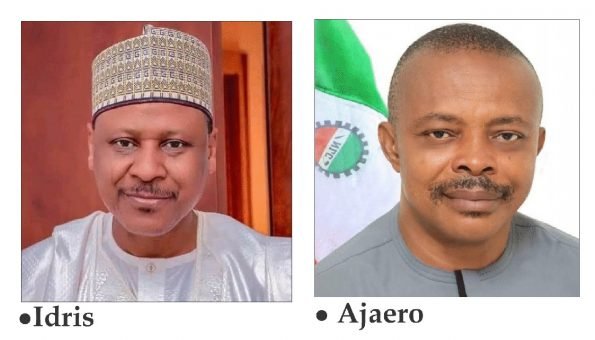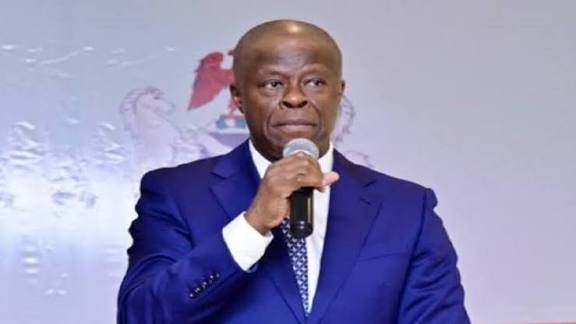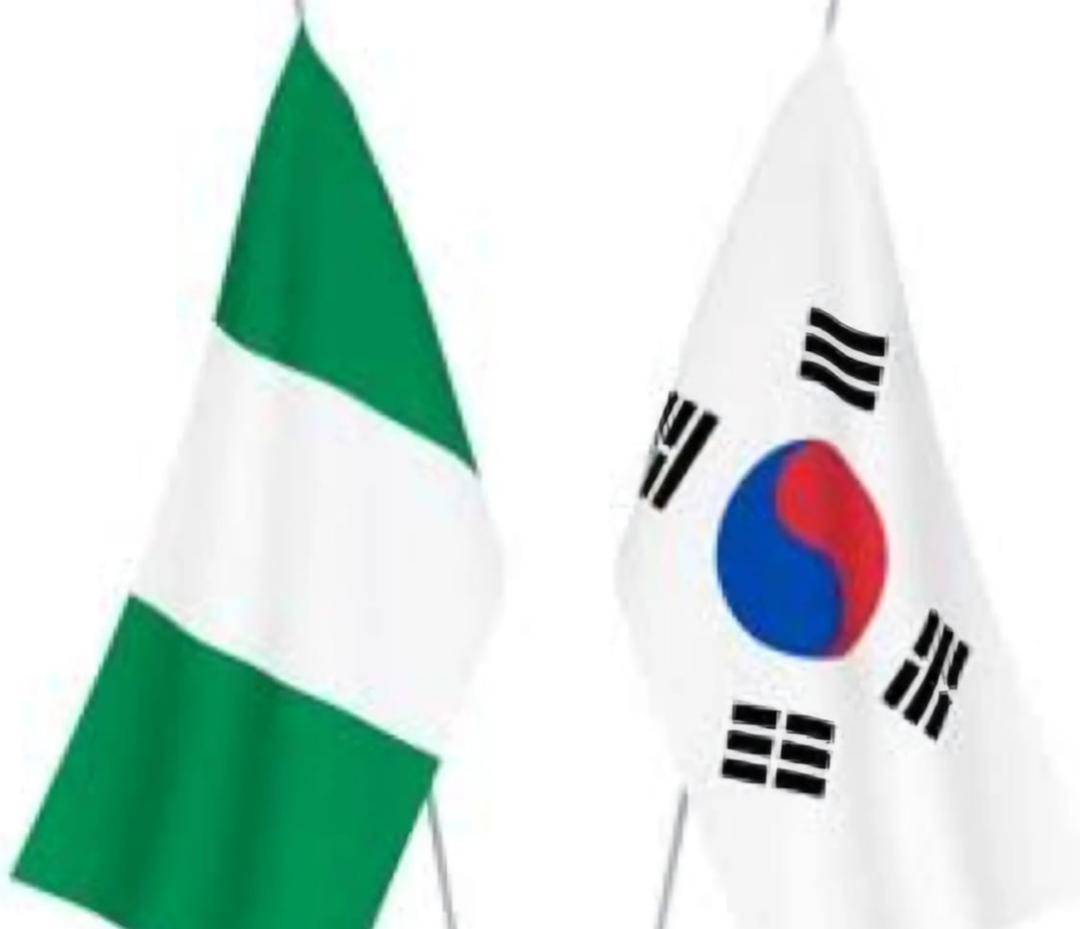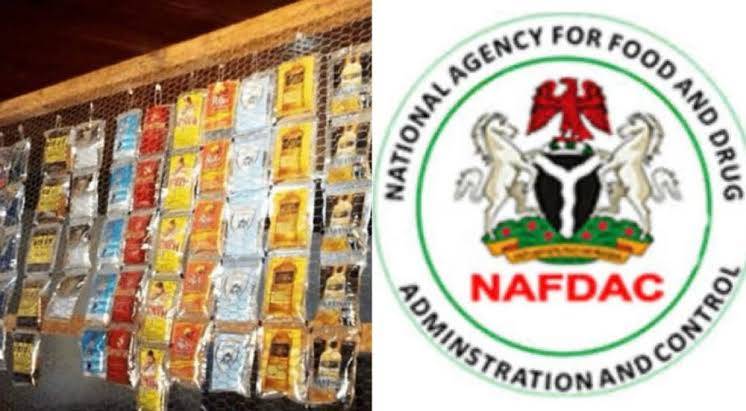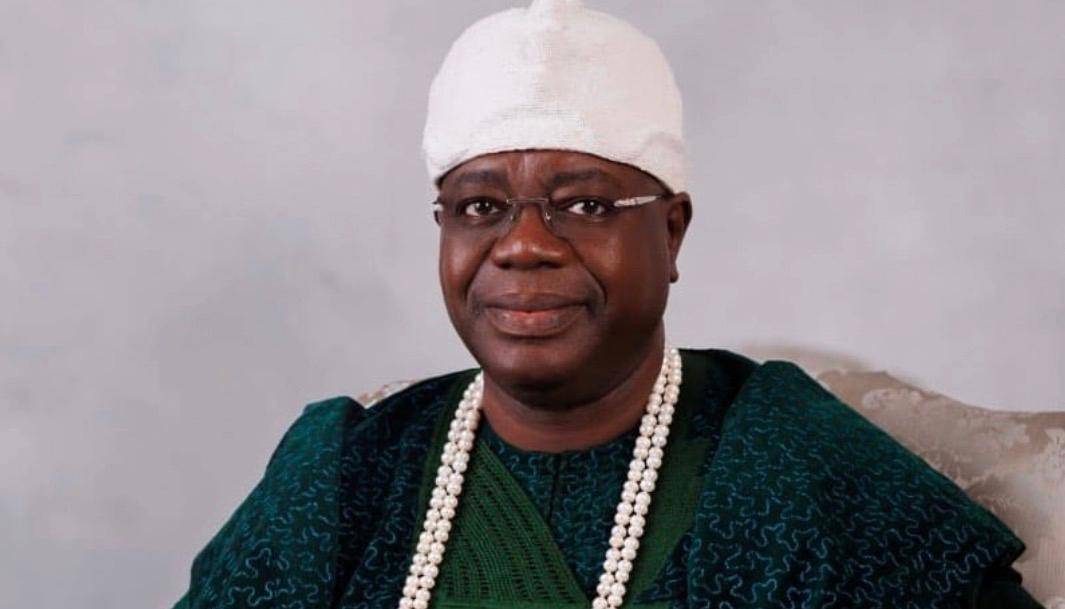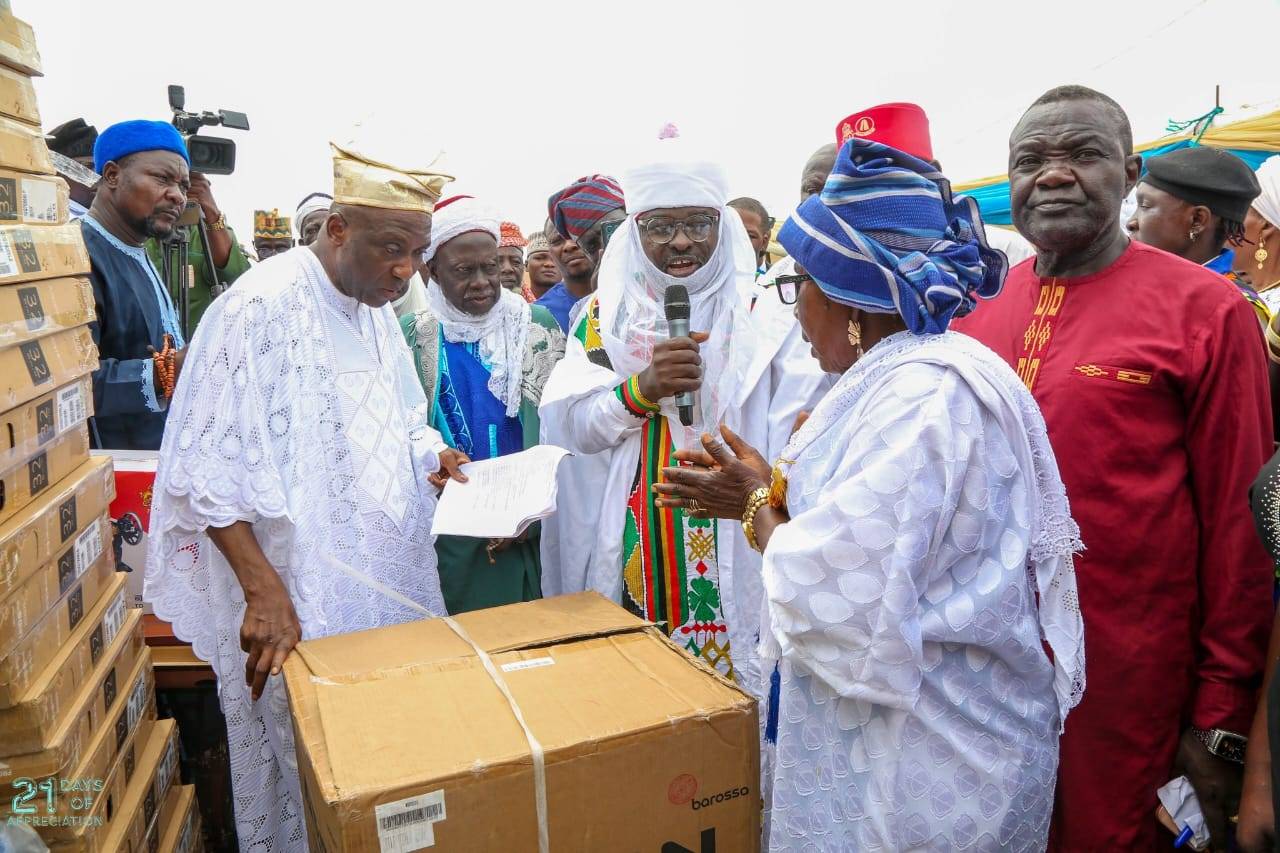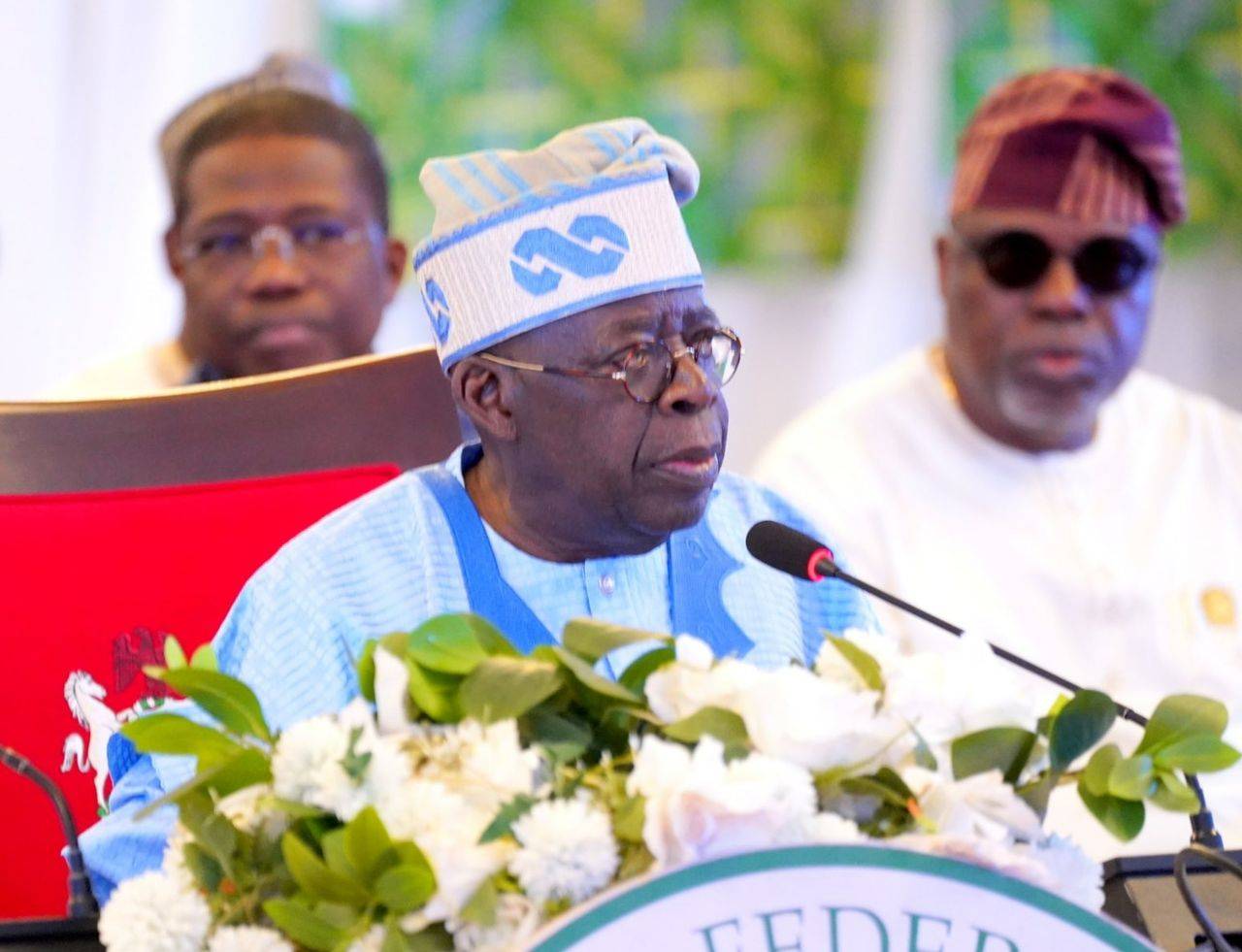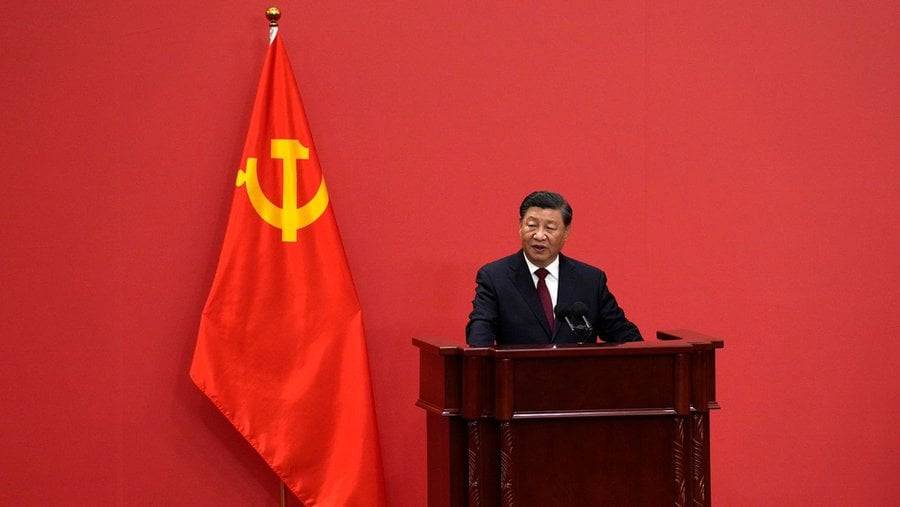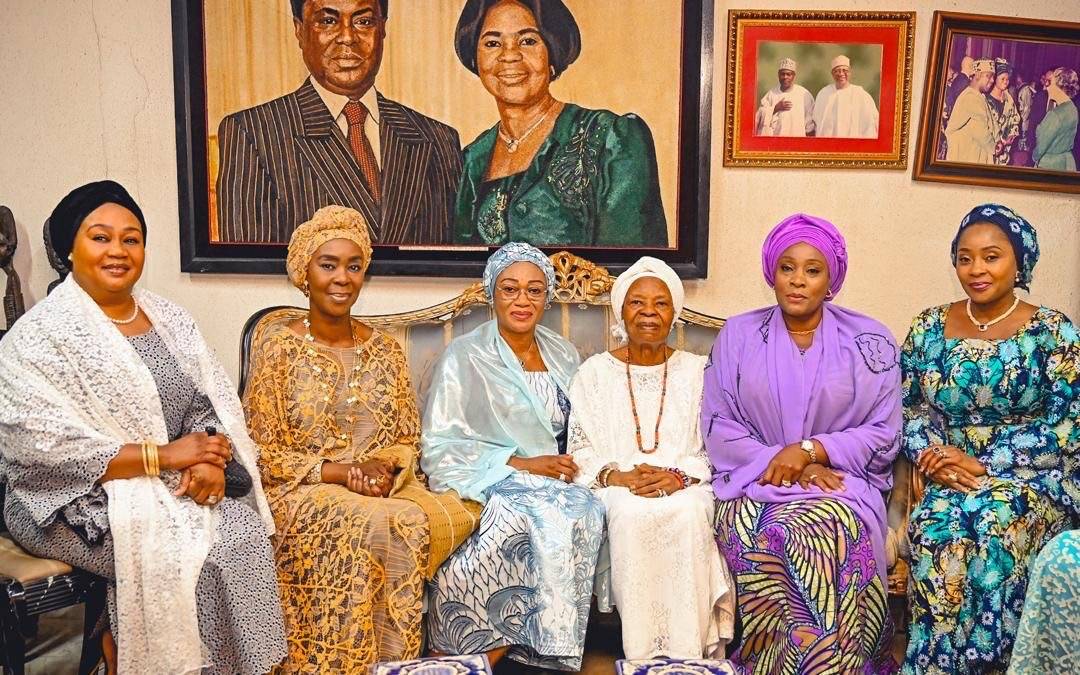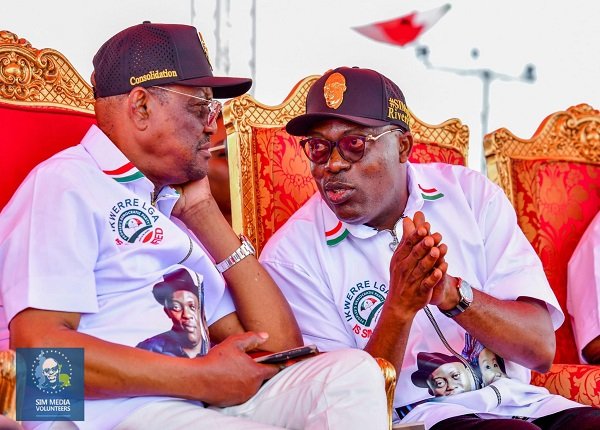By Palladium
If President Bola Tinubu had adjusted fuel price marginally, declined to float the naira or minimally depreciated it, pandered to powerful interests within and outside the ruling All Progressives Congress, and grovelled before one or two former presidents, he would have remained a darling of the media and leading opinion moulders, while the country went slam-bang downhill. But he would have been untrue to himself, and would probably have ended up a very dissatisfied man and president. Instead, as he is wont, he chose the more difficult option. The consequence is that he is having a running battle with the trade unions, is having a hard time reining in inflation and lowering the cost of living, and has attracted much derision from impatient and frustrated Nigerians uninterested in growth figures and balance of trade statistics that have not translated into anything meaningful for them.
With perhaps the exception of one or two media outfits, the president is roundly condemned in the media, whether traditional, social, or online. In fact sections of the media show their detestation by remaining silent on the president’s achievements and successful policies, while focusing almost exclusively on the hardships his policies with higher gestation periods have engendered. The president and his administration are blamed for the inability of local governments and states to conceive, execute and operate subsidised public transport systems, as well as ensure adequate food production. Decades of misbegotten unitary governance begun under the military and perpetuated by elected governments have encouraged a shift of blames away from the lower rungs of government, the so-called federating units, to the centre. Uncritical thinking has also meant that the great and beneficial byproducts of the radical, if not revolutionary, policies have been totally ignored or downplayed.
In just one exemplifying day last week, the traditional media, particularly the newspapers, completely and unapologetically skewed their headlines against the Tinubu administration. They are of course not under obligation to support or praise the administration, for they may also have been hard hit by the government’s policies, but they owe their readers objectivity. On the arrest of Nigeria Labour Congress (NLC) president Joe Ajaero by the Department of State Service (DSS) last Monday, the newspapers screamed various revelatory headlines after he was released. One paper psychoanalysed the Service by emblazoning its front page with “DSS succumbs to pressure”. What if other considerations, including legal, prompted the release? Another screamed “Crackdown on NLC, SERAP sparks tension” in their report of the arrest of the NLC president at the airport on his way to the United Kingdom. Though the NLC reached a wage negotiation deal with the government in July and opted out of the August 1-10 protests, it has pleased the union to equate the ordeal of their president with the fate and fortunes of the NLC. Many newspapers unfortunately and hastily draw the same parallel.
Yet another newspaper, in a headline rider, regurgitated the untested and unverified submission of Amnesty International which concluded that the Tinubu administration was “Setting new record of impunity”. The main headline itself was that “Ajaero arrested, released, CSOs condemn action”. When the newspaper reported that CSOs condemn what befell Mr Ajaero, the devil was of course in the detail. How many CSOs? Perhaps a handful, maybe two or three. Well, it is a headline, isn’t it? But it cleverly fits the overall agenda of the newspaper and its detestation of the administration’s policies. Such biases, other media establishments in the world have shown, appear permissible. Here, however, it may be necessary to consider just how tenuous Nigerian unity is, and how increasingly unstable the polity has become in the face of unremitting ethnic and religious rivalry and provocations. The government may bear the higher responsibility for stabilising and unifying the country, but media organisations also have a huge role to play, particularly in calibrating the tenor of their reports and headlines.
Still on the same subject of Mr Ajaero’s arrest and release, one other newspaper growled “Ajaero released as outrage trails arrest”. There is nothing anyone can do to coax the NLC executive committee to separate the foibles of Mr Ajaero from the fate and future of the union. The union members and executive committee believe that the administration is persecuting Mr Ajaero. But regardless of the pains caused by the Tinubu administration’s policies, should the goal of objectivity not lead the media to a higher degree of discrimination in news reports and headline casting? Outrage is a strong word involving disgust and revulsion. Did the media find out exactly why Mr Ajaero was arrested? Did they, by their reports, other than the conclusions of the union, investigate whether the DSS and police were not acting within the remit of their founding laws in inviting Mr Ajaero for questioning? Or are the media convinced that the fleeing Andrew Wynne, the Briton connected to terrorism financing and who had rented a space in Labour House, told the true story about his work in Nigeria and relationship with the NLC president?
A day before Mr Ajaero’s arrest and release, and writing on petrol price hike, another newspaper cast the headline “Nigerians at breaking point, NLC, Atiku warn”. Of course the headline, though attributed to politicians and unions, was inciting. It is one thing for politicians to give vent to their frustrations, indulging their excesses without a care in the world, but it is another thing for a newspaper to cast a searing and provocative headline that inferred its association and even agreement with the union’s and politicians’ sentiments. The question is, who measures the alluded breaking point? By just feeling the vibes or looking at the scowl on people’s faces in commuter buses and at bus stops? Do newspapers not owe the public and their readers the duty of deconstructing the government’s policies, and to present the pros and cons in such a manner that the reader would draw their own inferences without being prodded or incited?
Whether it acknowledges it or not, the Tinubu administration has remained unpopular nearly everywhere. But its policies have, to many knowledgeable Nigerians, been largely appropriate in tackling decades of economic distortions stifling growth as well as correcting the fiscal, and to some extent monetary, excesses of the past two administrations. Not only is the fuel supply situation normalising, as marketers encouraged by a realistic pricing regime have begun to import fuel, local production is also gearing up, thus freeing funds for rapid development. The job of local, state and federal governments is to ensure subsidised and modernised public transport systems. If they do, they will lessen the impact of fuel price hikes on the populace. Indeed, already, petrol pricing has begun to impose lifestyle adjustments that curb wasteful use of funds and eliminate needless travels, while encouraging efficient deployment of private and public resources. Even the ballyhooed electricity tariff hikes are leading to more efficient use of energy in homes, companies and public institutions. The administration’s tough measures may have their downsides, but they also have their benefits, radically affecting the way Nigerians have lived wastefully for decades. The media has, however, turned a blind eye to some of these beneficial and revolutionary changes.
The Tinubu administration may not have got many of its priorities right, especially in terms of cost-cutting and the shock absorbers needed to be emplaced before reengineering the country’s public finance. The administration may also have engaged in wasteful and haphazard distributions of palliatives in a desperate plan to assuage public disaffection. But its economic measures, ridiculed as Bretton Woods imposition, have been largely interventionist and effective. Nigeria’s public finance is being restructured for the future; it would be a shame if newspapers, which should know better, are co-opted into scuttling the brave effort. The financial reengineering of the country has imposed hardship and suffering, particularly on the poor and vulnerable, but it may be time for the Tinubu administration to begin rearranging the country federally in order to reduce the obsession with Abuja. States and local governments should feed their people, and the jobless and the underpaid who are crying about hunger must also find succour in their states and local governments instead of taking refuge in the disgraceful opportunism of protest merchants fixated on Abuja and unmindful of the consequences of their actions.
Culled from The Nation


